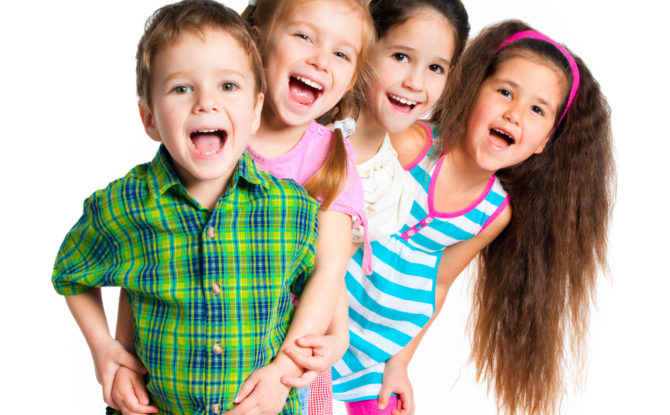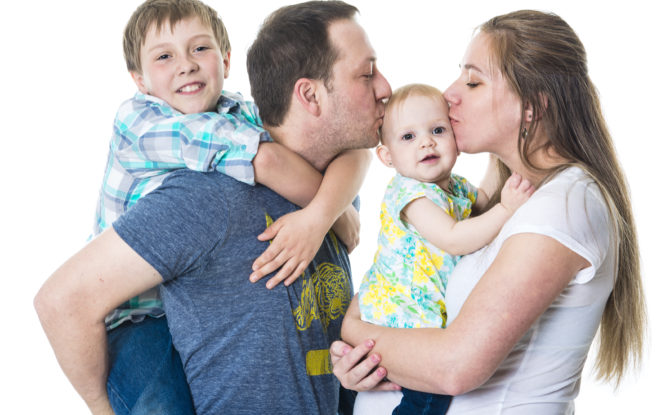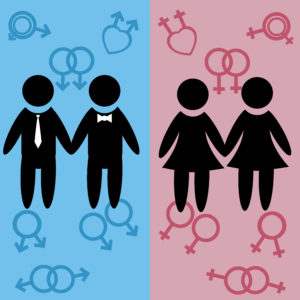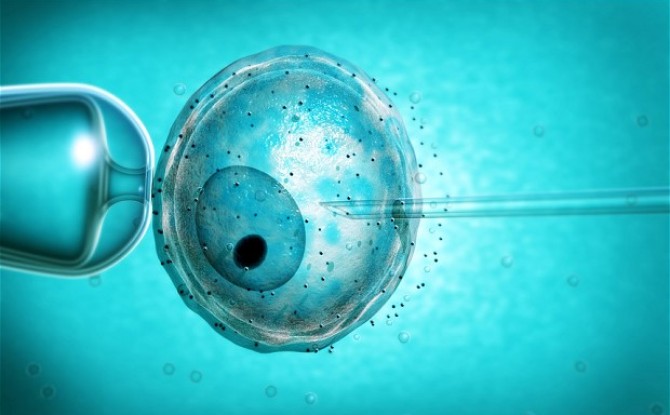Raising children has become significantly more time-consuming and expensive, amid a sense that opportunity has grown more elusive.
Parenthood in the United States has become much more demanding than it used to be.
Over just a couple of generations, parents have greatly increased the amount of time, attention and money they put into raising children. Mothers who juggle jobs outside the home spend just as much time tending to their children as stay-at-home mothers did in the 1970s.
The amount of money parents spend on children, which used to peak when they were in high school, is now highest when they are under 6 and over 18 and into their mid-20s.
Renée Sentilles enrolled her son Isaac in lessons beginning when he was an infant. Even now that he’s 12, she rarely has him out of sight when he is home.
“I read all the child-care books,” said Ms. Sentilles, a professor in Cleveland Heights, Ohio. “I enrolled him in piano at 5. I took him to soccer practices at 4. We tried track; we did all the swimming lessons, martial arts. I did everything. Of course I did.”
While this kind of intensive parenting — constantly teaching and monitoring children — has been the norm for upper-middle-class parents since the 1990s, new research shows that people across class divides now consider it the best way to raise children, even if they don’t have the resources to enact it.
There are signs of a backlash, led by so-called free-range parents, but social scientists say the relentlessness of modern-day parenting has a powerful motivation: economic anxiety. For the first time, it’s as likely as not that American children will be less prosperous than their parents. For parents, giving children the best start in life has come to mean doing everything they can to ensure that their children can climb to a higher class, or at least not fall out of the one they were born into.
“As the gap between rich and poor increases, the cost of screwing up increases,” said Philip Cohen, a sociologist at the University of Maryland who studies families and inequality. “The fear is they’ll end up on the other side of the divide.”
But it also stokes economic anxiety, because even as more parents say they want to raise childrenthis way, it’s the richest ones who are most able to do so.
New York Times by Claire Cain Miller, March 26, 2019
Click here to read the entire article.







